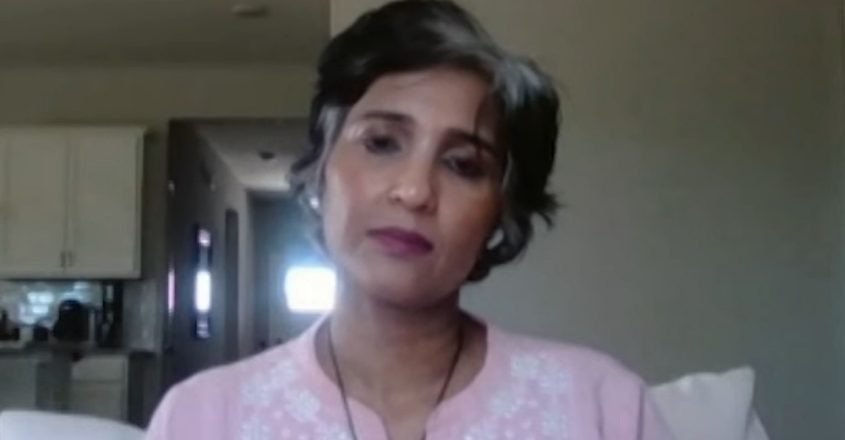a shocking revelation, 90s Malayalam film actress Sowmya recently spoke out about the human rights violations she faced during her time in the industry. Sowmya, who was once a celebrated actress known for her roles in popular films like April 19, Aniyan Bava Chetan Bava, and Meenathil Thaalikettu, has now opened up about the dark side of her career that was marked by exploitation, harassment, and unfair treatment. Her statements have brought to light the deeply entrenched issues within the Malayalam film industry, echoing the experiences of many women in cinema who have been marginalized, mistreated, and silenced. Sowmya’s candid account serves as a grim reminder of the human rights abuses prevalent in the entertainment world, especially during the 90s when the industry was less regulated and actors had limited means of seeking justice. This article delves into Sowmya’s revelations, the broader implications of her claims, the pervasive culture of exploitation in the Malayalam film industry, and the urgent need for systemic change. Through her story, we explore the struggles of women in the film industry, the impact of speaking out, and the ongoing fight for a more equitable and respectful working environment. Sowmya began her career in the Malayalam film industry in the early 90s, quickly rising to fame with her charm, talent, and screen presence. She starred in several popular films, often playing the quintessential girl-next-door or the supportive female lead, roles that were typical of the time. Despite her rising popularity, Sowmya’s career was abruptly cut short when she decided to step away from the industry. For years, the reasons behind her sudden exit remained a mystery, leading to various speculations among fans and the media. It wasn’t until recently that Sowmya decided to break her silence, revealing that her departure was not a personal choice but rather a consequence of the relentless abuse and exploitation she endured. Her account of mistreatment paints a harrowing picture of the Malayalam film industry during the 90s, a time when the rights of actors, especially women, were routinely violated. Sowmya’s experiences highlight several forms of human rights violations that were rampant in the Malayalam film industry during her time. According to her, the violations she faced were not isolated incidents but part of a broader culture of abuse that targeted many women in the industry. Here are some of the critical issues she raised: Sowmya revealed that she frequently faced exploitation and harassment on film sets, often at the hands of those in positions of power. She spoke about how male actors, directors, and producers would use their influence to intimidate and manipulate actresses. This included inappropriate behavior, coercion, and a lack of respect for personal boundaries. “Many times, I was forced to endure uncomfortable situations because speaking out meant risking my career. The men in power knew this and exploited it. They would touch you without consent, make lewd comments, and expect you to comply with their demands,” Sowmya said in her recent interview. It was a constant struggle to maintain my dignity.” Sowmya also highlighted the lack of safety and basic human rights on film sets. Actresses were often expected to work long hours without adequate breaks, proper facilities, or basic amenities. This disregard for the well-being of actors, particularly women, reflected a deep-seated lack of respect and empathy. If you complained, you were labeled difficult and unprofessional,” Sowmya explained. “It was as if our basic rights as human beings did not matter. We were just there to fulfill someone else’s vision, no matter the cost to our health or safety.”Another significant issue Sowmya addressed was the financial exploitation that many actresses faced. Despite contributing equally, if not more, to the success of a film, women were paid significantly less than their male counterparts. This pay disparity was not just about financial inequality but also a reflection of the lack of value placed on the work of female actors.
Faced many human rights violations in Malayalam film industry: 90s actor Sowmya


